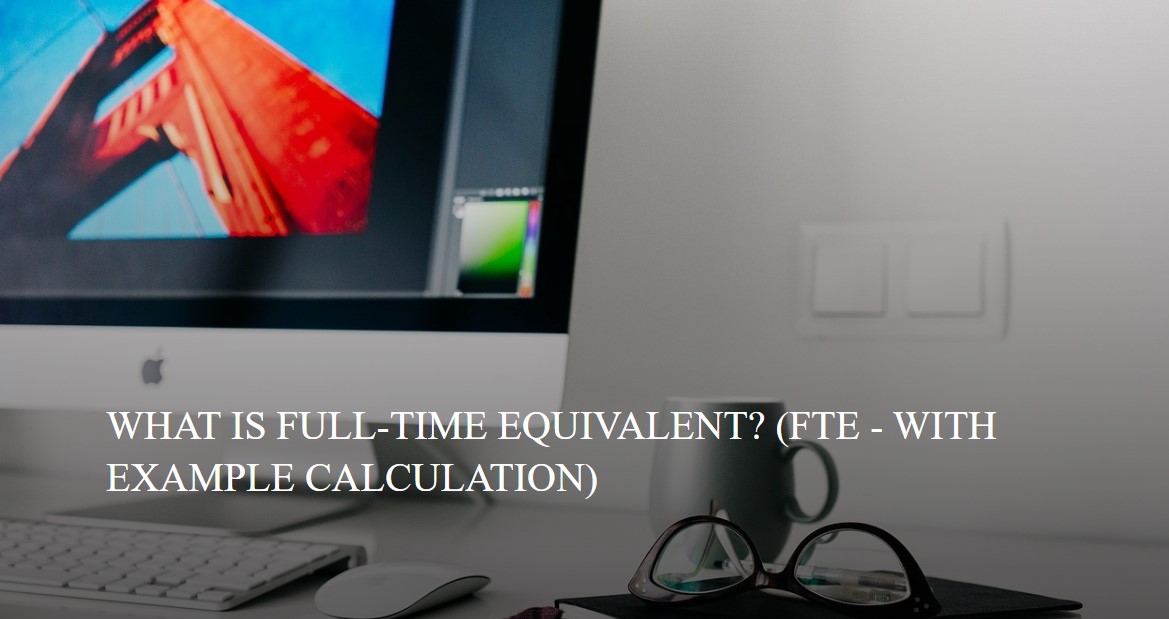A federal employee is someone who works for the federal government. This doesn’t mean that you have to work in Washington D.C., though many federal positions are there. The federal government is a huge bureaucracy with many different departments and arms, meaning that there is a lot of variety in federal positions.
There are federal positions all across the country. Judicial and law enforcement positions need to be spread out in order to be effective. Some careers will even take you outside the United States, such as being part of an ambassador’s staff. Serving in the military or CIA can also end up with you working somewhere other than in the United States.
Key Takeaways:
-
Federal employees work for one of the three branches of the federal government: executive, legislative, or judicial.
-
As with all public sector jobs, federal employees usually aren’t paid as well as their private sector counterparts. However, they get excellent benefits in return.
-
The types of positions that federal employees can have are extremely varied, as the government needs almost every conceivable position to function properly.
-
Federal positions tend to have a lot of rules and regulations attached to them, both because the government is a huge organization, and because they’re the ones who write the rules – they can’t be seen to not follow them.
Who Qualifies as a Federal Employee?
Anyone who is directly employed by the federal government is a federal employee. The majority of these positions are going to be in the capital, but there are federal positions all across the nation.
Due to the way that the government is structured, you will work for either the executive, legislative, or judicial branch. The majority of careers scattered across the country will be for the executive branch, as they will likely fall under one of the cabinets. For instance, federal park rangers would work for the department of the interior and, therefore, the executive branch.
The judicial branch also has federal courts in every state. If you are a judge, clerk for a judge, or are employed by the federal courthouse, you’re a federal employee in the judicial branch.
The legislative branch is going to be almost entirely contained in the Washington D.C. area, as you will either work at the capitol building, such as a member of the capitol police, or for a member of congress or the senate.
Advantages of Being a Federal Employee
Being a federal employee does come with a number of advantages. It’s a large organization with different rules governing different parts of it. However, there are some general advantages that are shared across the vast majority of federal positions.
Federal positions:
-
Have excellent benefits. Public sector positions almost always have a better benefits package than private sector ones. This includes healthcare and retirement plans, as well as vacation time and paid holidays.
-
Give you job security. Federal positions are extremely unlikely to be dropped or be subject to layoffs. Even if a position does change or close, there’s an effort made to find a similar position for anyone affected by it. Federal jobs actively encourage their people to stay for their entire careers.
-
Allow you to choose from many different positions. The federal government is an enormous organization, meaning that you can work for it in almost any capacity. They need professionals of all types in order to keep the government functioning, giving you a huge suite of positions to choose from if you want to be a federal employee.
-
Grant you a robust retirement package. As part of their generous benefits, most federal positions have excellent retirement benefits. These include both a retirement fund and, in many cases, a pension. For many government jobs, if you put in enough time, you can retire with partial – or even full – pay.
-
Have high levels of legal protection. As the federal government is the one who creates and enforces employment requirements, jobs for them are strictly required to follow them. Not that it’s completely free of workplace problems, but you will have strong protections against it and a better chance at getting recourse should those fail.
Disadvantages of Being a Federal Employee
While there are many advantages to working as a federal employee, it isn’t all positive. There are also some downsides to working for the federal government. While these won’t apply to every job, of course, they are common issues with federal employment.
Federal positions:
-
Have a lot of strict rules. The federal government is a giant organization that is based on making rules. That means that organizations under the federal government’s aegis are going to have a lot of rules to follow, and bending or breaking them is going to have consequences.
-
Generally pay less than private sector jobs. In exchange for good benefits, your salary is likely to be relatively low. Most people who go into the public sector don’t do it to make a lot of money.
-
Slot you into a huge organization. While there’s nothing inherently wrong with working for a large organization, there is an impersonalness to it. The rules are set up to apply to everyone and may not directly relate to what you’re doing. And it can end up making you feel like an unimportant cog in a very large machine.
-
Are unlikely to have rapid advancement. Due to job security and long-term employees, higher-level positions are slow to open up in federal positions. The vast majority of promotions are also going to be based on seniority, which means it might take quite some time in order to advance.
Federal Employee vs. State Employee
The difference between a federal employee and a state employee is what level of government they work for. The states have their own government positions, including their state legislature, governorship, and judiciary, as well as various other positions. This includes staff for state parks, state police departments, and regulatory agencies.
As the federal government supersedes the state, federal employees usually have more power. However, there is a fair amount that is reserved for the states to decide, meaning that they can have their own laws, regulations, and investigations that are not under the purview of the federal government.
There are also even more local government positions, such as those who work in counties, townships, or cities. They may work directly for the city than for the state. This is often the case with police departments (save for state police) and city officials.
Federal Employee FAQ
-
What are examples of federal employee positions?
Federal employee positions are extremely varied and include members of the FBI, judicial clerks in federal courts, and legislative aids.
There are many other examples, such as park rangers in national parks, the secret service, various other police organizations such as the ATF, ICE, and the capitol police, and federal prosecutors.
-
Are politicians considered federal employees?
Yes, a serving politician is a federal employee – so long as they serve in a federal position, such as the House of Representatives, the Senate, or the White House. Members of the legislature and the president and vice president are paid a salary for their work just like everyone else.
While the practice is sometimes controversial, this is what allows politicians who aren’t independently wealthy to be able to serve.
-
Is a county job considered a federal or state position?
A county job is usually neither a federal nor a state position. Counties work similarly to cities or townships in most states, meaning they’re an entity unto themselves. This varies from state to state, and some end up being almost in between a state position and a city position.
Some states clearly delineate counties and cities as different, while others put cities inside counties. It depends on where you are and what the position is.





